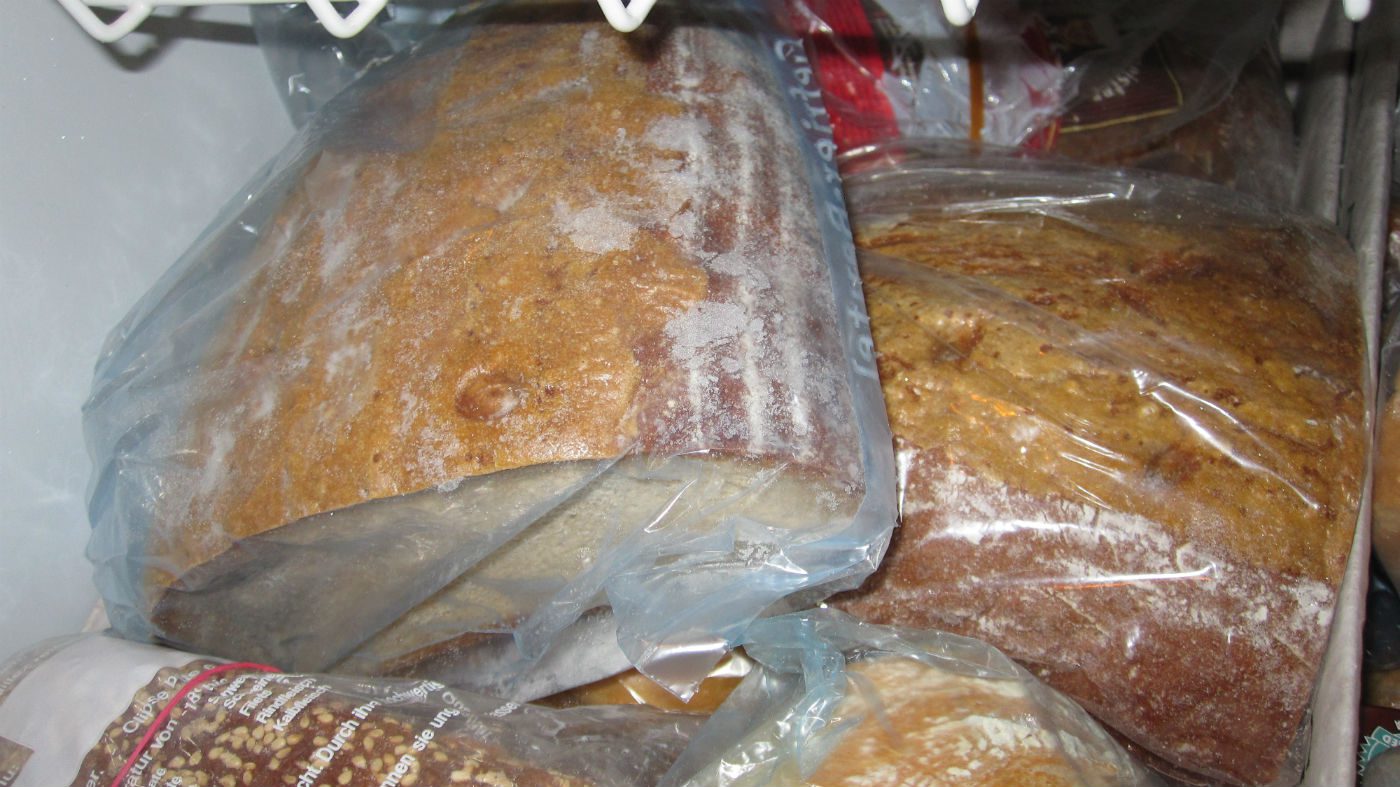• Plan your meals – it only takes 10 minutes to think through what you’ll need for the week and write a shopping list.
Planning ahead means you’ll only buy what you need – it’s greener and you’ll save money.
• Work with leftovers – when planning your week’s meals, work in leftovers too – they can make tasty and quick lunches and snacks.
• Know your labels - check the ‘use by’ or ‘best before’ dates on the food you plan to buy.
‘Use by’ is the date which relates to food safety whereas ‘Best before’ is an
indication of quality. Have a look and get to know the difference.
• Buy loose fruit and vegetables – buying loose rather than pre-packaged helps cut down on packaging waste and is often cheaper.
There’s no point buying four peppers when you only need two.
• Freeze your bread and toast from frozen – bread keeps for longer when stored in the freezer but tastes just as good as fresh when toasted. Pop half the loaf straight into the freezer when you get home from the shops if you know you won’t use it all straight away.

Picture: Wikimedia
• You don’t need to plate food – if you have a big family or a group of friends, it’s often easier to put a big bowl or casserole dish in the middle of the table and let
everyone take what they want.
It really helps avoid food waste as everything leftover can just be frozen afterwards.
• Reusable freezer bags are a great invention – you can freeze food flat in a freezer bag, it takes up very little space and the food will defrost quickly when you need it.
• Date your leftovers – put a name label and date on your leftovers before they go in the freezer so you know when to enjoy them at their best – and what they are!
• Unavoidable food waste doesn’t need to go to waste – egg shells and peelings can be recycled by most local authorities or you can start a wee compost bin at home.
• READ MORE: Scottish businesses sign up to ‘Good to Go’ doggy bag scheme to tackle food waste
